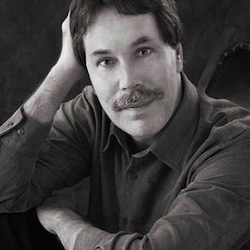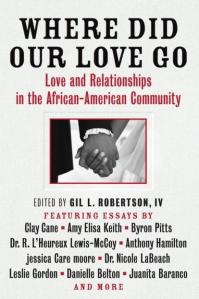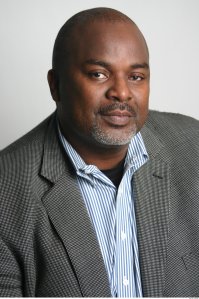Date of Interview: 03/27/2013
© 2013 Clayton Perry
Ted Gioia is a pianist, music historian, and one of the founders of the jazz studies program at Stanford Univeristy. The New York Times has named two of his works notable books of the year: The History of Jazz (1997) and Delta Blues (2009). Gioia is also the author of West Coast Jazz, Work Songs, Healing Songs and The Birth (and Death) of the Cool.
In promotional support of The Jazz Standards: A Guide to the Repertoire (Oxford University Press: July 6, 2012), Ted Gioia spoke with Clayton Perry about the evolution of music criticism, defining moments in jazz history, and the importance of music education.











